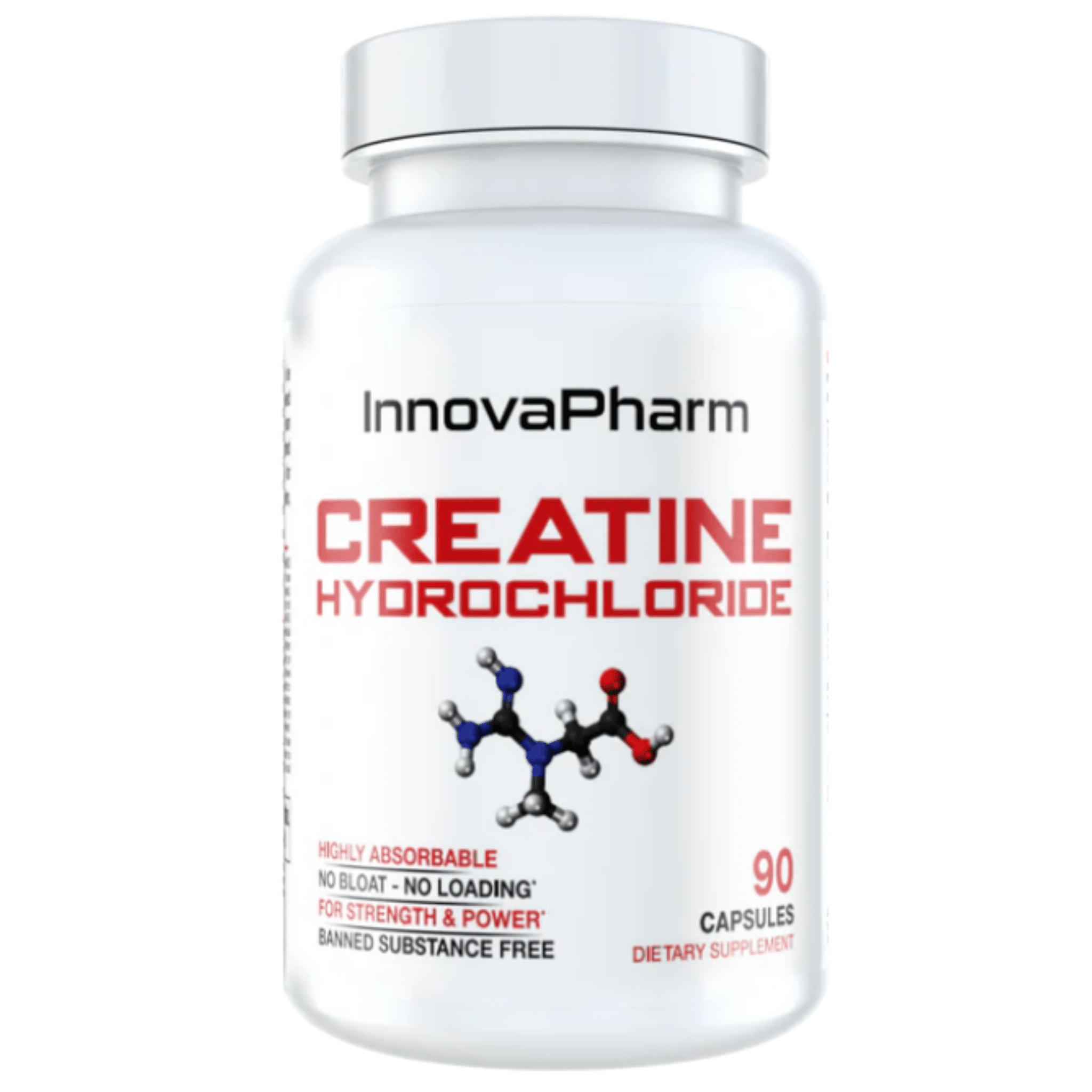Description
After decades of research and clinical studies, every variation of creatine has proven its abilities to improve cellular energy production (ATP), as well as support muscular endurance, lean muscle gains, and brain function health. Creatine hydrochloride (HCL) is new to the market and gaining great popularity.
How does Creatine work?
Creatine works by assisting energy production at a cellular level. Adenosine Triphosphate (ATP) is the powerhouse of the cell, which provides our bodies energy to move and function. When we use creatine, levels of phosphocreatine (PC) stores in skeletal muscles increase. Larger PC stores aid in more rapid production of ATP, resulting in longer durations of high intensity exercise, greater power output, and ultimately more gains.
Osmolytes like creatine influence the properties of biological fluids. More specifically, creatine attracts water into the muscle cells, increasing the cell's volume. It’s believed this voluming effect may play a role in muscle growth.
Another attribute of creatine is its ability to increase satellite cell signaling, while also reducing levels of myostatin-a protein that can slow or inhibit new muscle growth. Lower levels of myostatin and increased signaling to the cells provides greater support to repairing and growing muscle.

